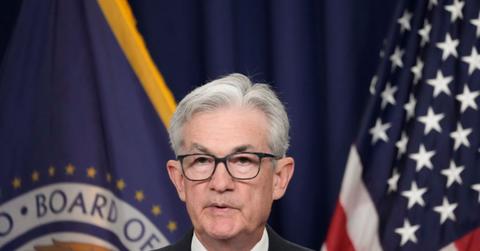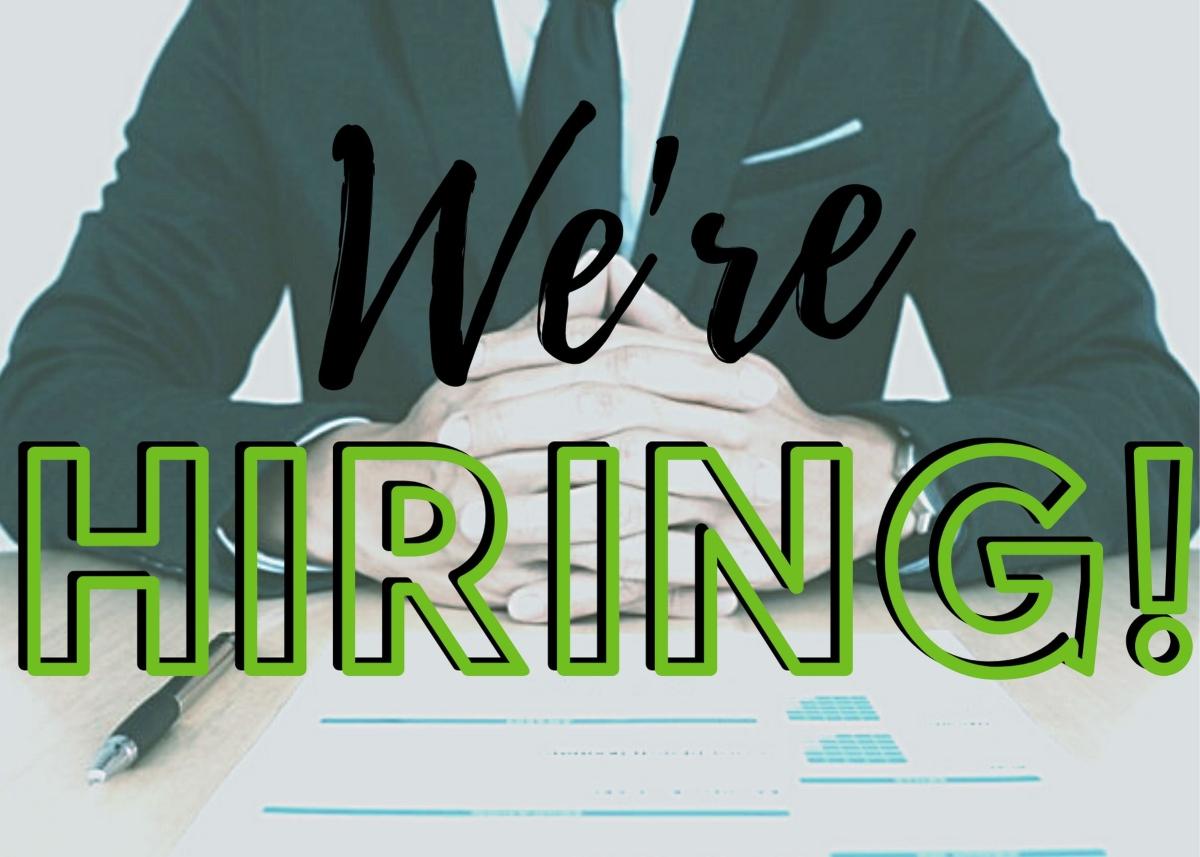How Do Interest Rates Affect Employment? Fed Fights to Tame Inflation
When interest rates go up, it can have an negative impact on employment. Increased borrowing costs will likely lead to higher unemployment rates.
Aug. 26 2022, Published 11:55 a.m. ET

Federal Reserve Chairman Jerome Powell warned of more interest rate hikes, which could increase unemployment.
Economists and investors have watched the Federal Reserve’s actions closely in 2022, as the central bank has been rapidly raising interest rates. The Fed’s two recent three-quarter-point increases were part of the organization’s goal of reining in inflation. The federal funds rate has an impact on many things, but how do interest rates affect employment?
Although federal fiscal policy can be complex, with multiple factors having an impact, the Federal Reserve operates under a few basic assumptions. Raising interest rates is usually expected to both lower inflation and increase unemployment rates.

Hiring could slow or jobs be lost due to coming interest rate increases.
Raising interest rates may increase unemployment.
Although Fed Chair Jerome Powell said a year ago that inflation would be “transitory,” it may be more of an “entrenched inflation.” Therefore, the Federal Reserve appears likely to vote in September on yet another rate increase, which would make borrowing more expensive for individuals and businesses.
During his speech on Aug. 26 at the Fed’s annual economic symposium, Powell offered a warning to the public that more rate increases were likely. As the Associated Press reported, Powell even explicitly said that the rate increases could cause pain for American households due to higher borrowing costs.
The Fed periodically analyzes factors such as the labor market and inflation rates to inform decisions of rate reductions or increases. Although increasing the base interest rate may not directly cause unemployment to rise, by increasing the cost of borrowing, it can curtail businesses’ attempts at growth and hiring.
The benchmark rate increases will cause banks and lenders to raise rates on borrowers taking out new loans. This means businesses that wish to expand may be forced to limit new hiring, which could increase unemployment rates.
Another impact on employment happens because higher rates can cause consumer demand to drop, meaning businesses must reduce their output and cut jobs.

The Fed aims to reduce inflation without negatively affecting economic growth.
The Federal Reserve must balance its objectives of “maximum employment, stable prices, and moderate long-term interest rates” when making policy decisions. It’s tricky for the central bank to slow the economy enough to ease the impact of inflation while avoiding a recession.
The consequences of raising interest rates include higher costs for mortgages, vehicle loans, and other types of consumer and business borrowing.
The AP reported that in the July Fed meeting, officials said that lowering inflation was the top priority. However, officials know that there’s also a risk of raising rates too much or too quickly, triggering an economic recession.
American households continue to struggle with inflation.
Families in the U.S. have been struggling for months with soaring inflation that’s caused higher prices on everything from groceries to building materials to gasoline. The Federal Reserve is attempting to lower the harmful effects of inflation, but for some, it could mean loss of employment, which would cause different financial struggles.
Powell stated that a slower economy and potential job losses were part of the “unfortunate costs of reducing inflation.” He also said, “But failure to restore price stability would mean far greater pain.”
